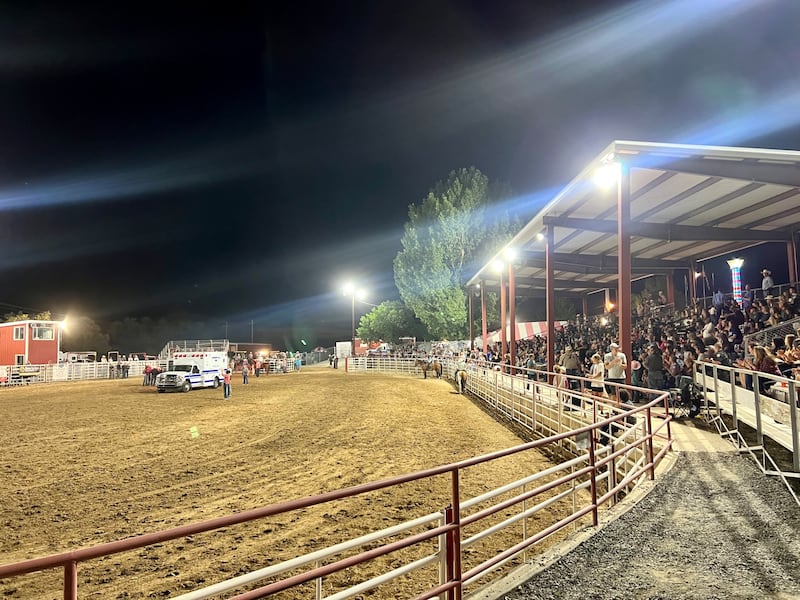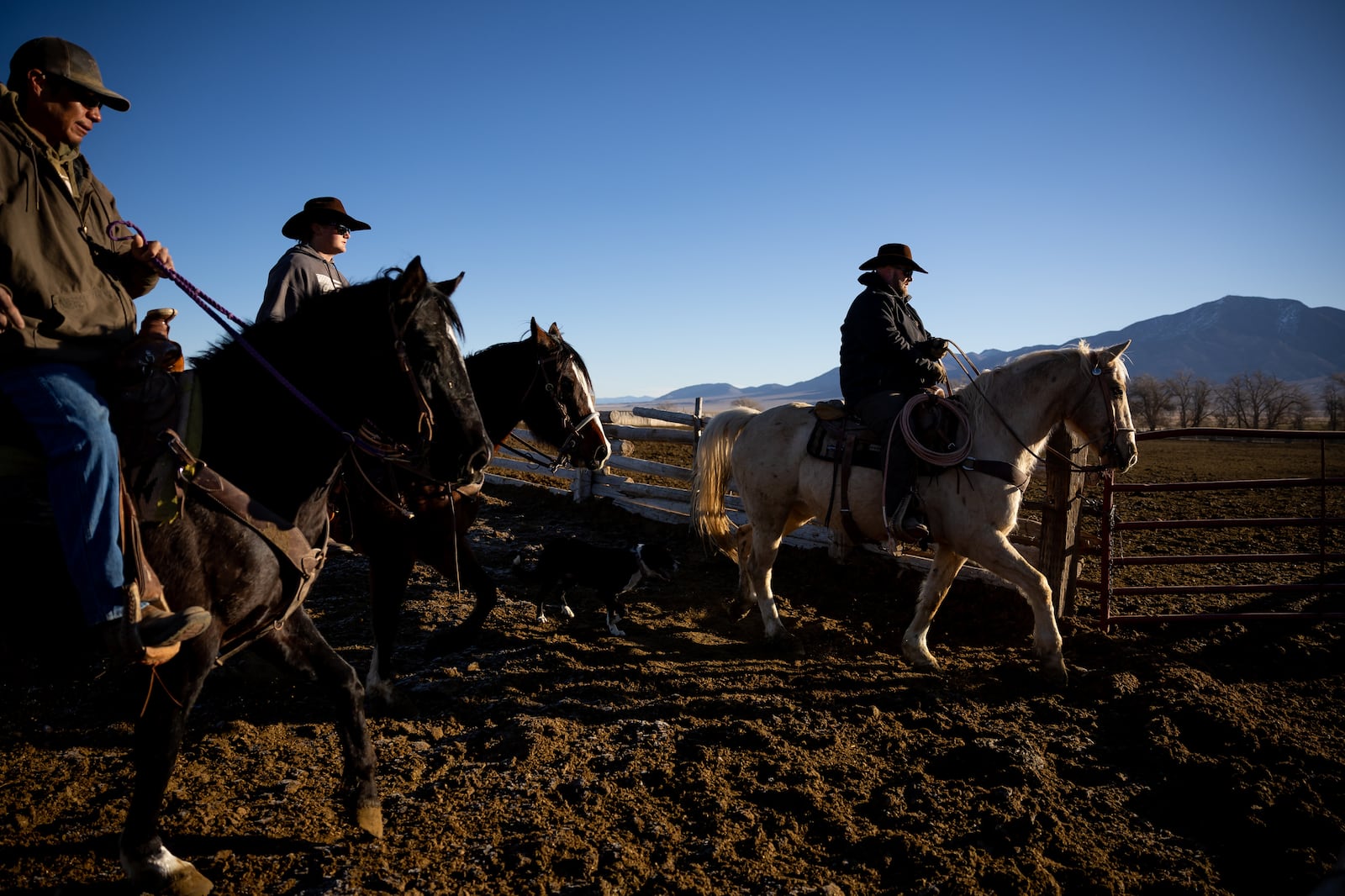This story appears in the August issue of Utah Business. Subscribe.
Utah’s 29 counties each offer businesses and employees something different. Whether you are looking for desert heat or mountain vistas, high-end accommodations or remote adventures, centralized headquarters or wide-open spaces, there’s a place for you and your company. Named the best state in the nation two years in a row, it’s Utah’s varied counties that provide opportunities for all. In this series, I’ll be laying out the business case for each of them. Let’s start with Beaver.
Established in 1886, Beaver County was named after the Beaver River, which was named for the many beaver dams settlers found. Lead, and later gold, silver, copper, zinc and tungsten, were discovered in the county’s mountains, making mining an early, fame-inducing industry.
With the mines came key infrastructure advances that are still in use today, such as the railroad. The opportunity for work attracted a population of industrious people who have since developed a rich heritage. Mining, agriculture and the railroad have long been the chief enterprises of the county, but the modern era sees tourism, trade and services growing in value.
Beaver attracts businesses with its “collaborative and supportive environment … dedicated labor force and affordable property options,” says Jen Wakeland, Beaver County’s strategic development director. “Never before has there been as much collaboration between elected officials, governmental staff members and business owners to help promote growth, retention and innovation.”

Why did you choose Beaver County?
A Q&A with Chris Oberle, CEO and president of Midgley-Huber, Inc.
SBWT: Why did you decide to expand Unitech Manufacturing into Beaver County?
CO: A couple of years ago, I identified that I needed to start looking for another location in addition to [our Salt Lake City] location to give us more square footage and and a larger labor force. Property is expensive in Salt Lake. We are also constantly hiring up here; there’s too much competition. In December, I read an article about Beaver County and Smithfield Foods pulling out. A light went on in my head, “What a great location right on I-15 with a hungry labor force. We can go in there and hire and help out a community at the same time.”
SBWT: How has the building and development process gone? What is it like working with county officials and the Utah Inland Port Authority?
CO: I was in Charlotte, North Carolina, when I read the article, and I got Jen Wakeland on the phone that day. That was on Monday. By Friday, I had Beaver County, the Utah Inland Port Authority and the Governor’s Office of Rural Economic Development up at Unitech to discuss the plan. The following Tuesday, I was down in Beaver County — it happened that fast, within about eight days from the idea to doing it. Everything fell into place. By the end of this year, we’ll be the single largest employer in Beaver County.
SBWT: How are you building your relationship with the Beaver community?
CO: When we interview new people, we bring them up to Salt Lake, show them the plant, gauge their interest and then extend offers to them. If they accept, we bring them to Salt Lake for a couple of weeks, put them up in a local hotel, and give them some per diem money while they train.
The challenge for any small town is a lack of employment opportunities. When kids graduate high school, they want to stay in their community and raise their families. We’re hoping to provide that local employment option. That whole area is going to continue to see growth for the next 20-30 years.
SBWT: What is step one for any business interested in entering Beaver County?
CO: Go down and visit! It’s small-town America. They take pride in what they do. People know each other, and I think they hold each other accountable for doing what’s best for their community. I sense that the people there want to make sure Unitech Manufacturing and our venture is a success because it’s the lifeblood of their community.
The benefits of being located in Beaver County
A Q&A with Jen Wakeland, Beaver County’s strategic development director.
SBWT: What is the greatest resource Beaver County has?
JW: The greatest resource Beaver has is its people. Beaver was founded by miners, railroaders and members of The Church of Jesus Christ of Latter-day Saints. These people are scrappy, hard-working, devoted and innovative. Small business has flourished alongside large-scale agricultural production, but it has all come on the backs of the people who have chosen to call Beaver County home and honor the rich heritage found here.
SBWT: What do you predict will happen in the next five years?
JW: The next five years will bring the rise of yet another renewable energy industry in our valley. I believe that, alongside the growth of advanced geothermal energy, we will see an expanding tech sector in Beaver County. My hope is that this boom in energy and tech will fortify the growth of agritech models of industry, opening the door for agriculture to still be at the heart of Beaver County economics.
SBWT: What are the long-term goals for the county?
JW: Our long-term goal is to grow sustainably with small bursts of growth in industries that make sense in the region and honor our culture. We hope to diversify our economic portfolio to allow the youth of Beaver County to find meaningful and stable employment in the place they call home. We hope to encourage the continued entrepreneurial spirit while also [encouraging] expanding industries to locate here.


